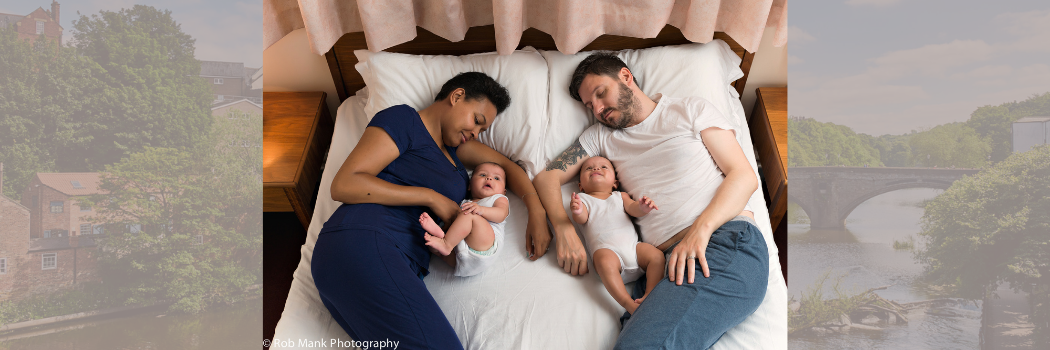Pioneering research in infant sleep safety

Our Anthropologists have revolutionised research into infant sleep safety and helped reduce rates of Sudden Infant Death Syndrome (SIDS). The evidence-based advice they have provided to health professionals and parents has made a global impact, including in the official infant sleep safety guidance in the UK. Their research has substantially influenced the policy around co-sleeping national guidelines on infant sleep safety by demonstrating the close link to bed-sharing and breastfeeding.
Organisations in the UK and beyond, including Unicef, Public Health England, NHS Trusts, Lullaby Trust, La Leche League, the UK’s Department of Health, National Childbirth Trust, NHS Choices, Scottish Maternal and Child Health Division, National Institute for Health and Care Excellence (NICE) and the Twins and Multiple Births Association, among others, have benefited from our experts’ research.
Baby Sleep Information Source
The research led to the launch of Baby Sleep Information Source (BASIS) to provide easily accessible infant sleep guidance to parents. This portal is shared and recommended widely by parents and health professionals as a reliable evidence-based source of information on normal infant sleep.
It has also directly and extensively influenced the Unicef UK Baby-Friendly Initiative (BFI) guidance to health professionals on co-sleeping.
Our findings were also a major factor behind the NICE’s recommendation that parent-infant co-sleeping be recognised as a common night-time caregiving strategy in the UK.
Working with partner organisations, the research has helped to reduce the risk of Sudden Infant Death Syndrome (SIDS) by 50%, based on the data by ONS.
Infant care in different cultures
Our researchers have made some noteworthy discoveries in the 20 years they’ve been studying infant sleep.
They found that most babies in the UK have bed-shared with one or both parents before they are three months old and most babies sharing beds are breastfed.
The research also emphasises the importance of parents’ need for information about when and where to avoid sleeping with their babies and how to safely prepare for bed-sharing.
Our researchers have also highlighted how infant care messages are received and perceived by minority groups and how infant care practices vary in different cultures.
Royal Honour for outstanding research
This outstanding work earned The Queen’s Anniversary Prize for Higher and Further Education for “leading influential research on parent-infant sleep with a widely-used public information service”.
This award is a huge recognition for our pioneering research, which has helped to shape the way babies sleep and how parents care for them at night-time.
Find out more
- Health professionals and parents can learn more about BASIS
- Learn more about Professor Helen Ball, Director of the Durham Infancy and Sleep Centre
- Read the published papers on sudden infant death syndrome risk reduction and infant sleep location, bed-sharing by breastfeeding mothers and integrated anthropology of infant sleep
- Interested in studying at Durham? Explore our undergraduate and postgraduate courses in Anthropology


/prod01/prodbucket01/media/durham-university/external-location-photography-/city-shots-/82922-1-1920X290.jpg)
